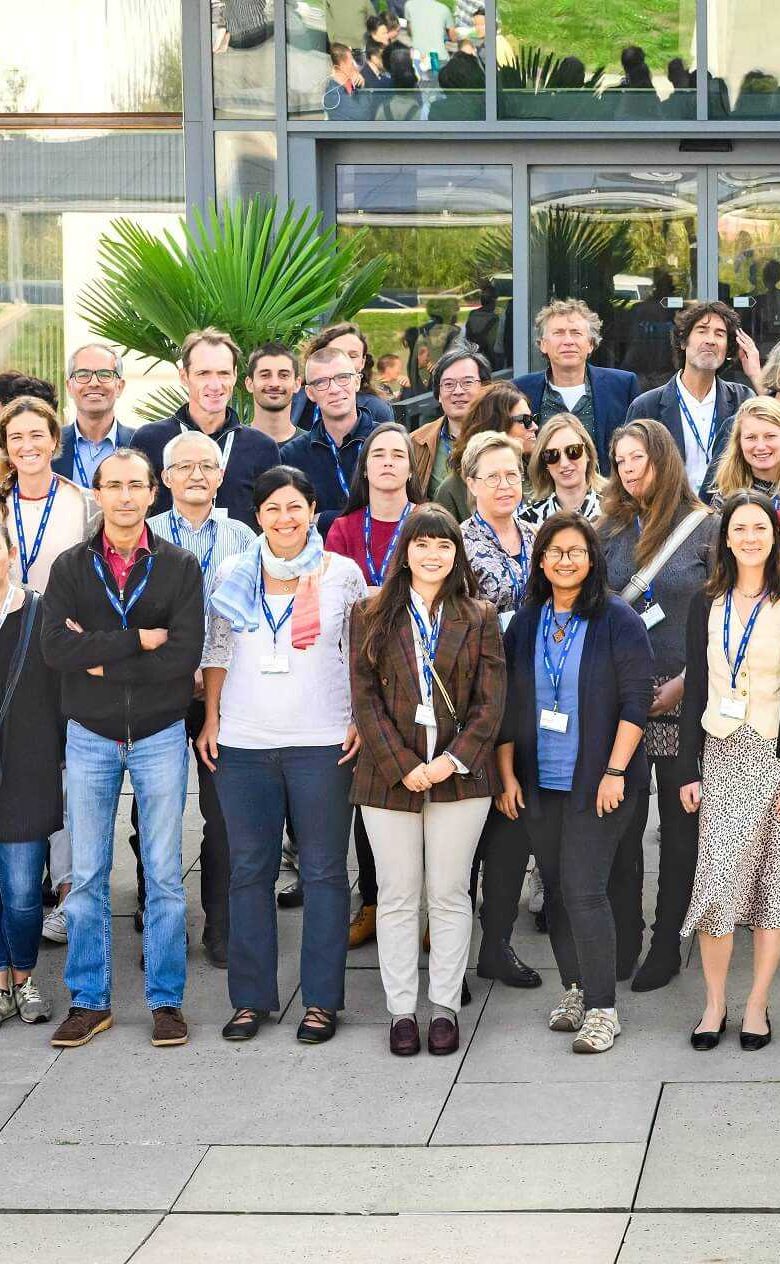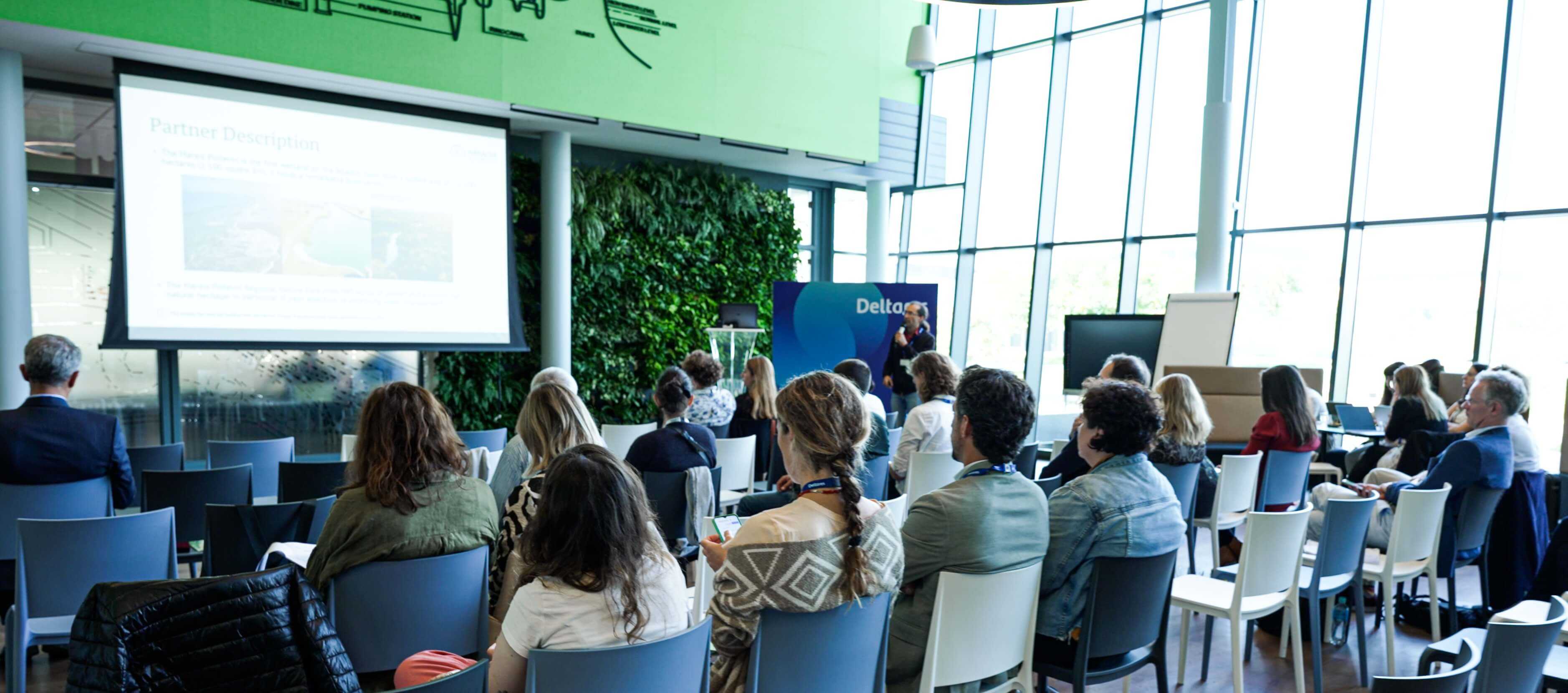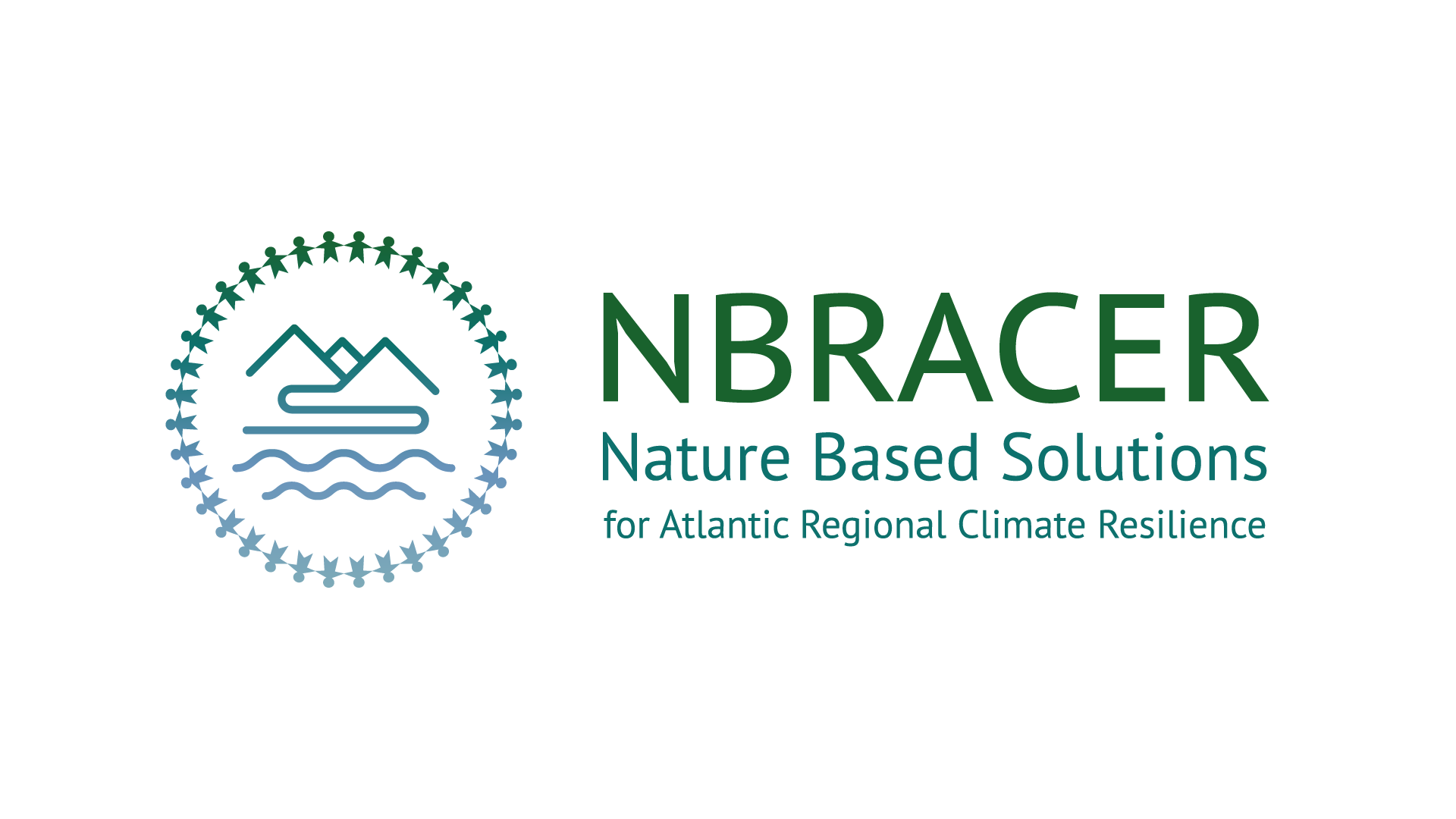Offcial launch Horizon Europe project ‘NbS for Atlantic Regional Climate Resilience’
The European 'Nature Based Solutions for Atlantic Regional Climate Resilience’ (NBRACER) project, coordinated by Deltares, held its official kick-off meeting on 10-12 October 2023 in The Netherlands. The goal was to discuss the project’s ambitions, approaches, workflows and expected results.

Chaired by the project coordinator Mindert De Vries, eight European regions and nine work packages leaders made an extensive presentation of their challenges, tasks, deliverables, and upcoming actions for the next six months.
In order to facilitate discussions eight breakout sessions were organized to spark valuable discussions that allowed the regions to clarify their status, discuss responsibilities and explain priority activities to the NBRACER partners. Through real demonstration cases, the Province Fryslân, one of the NBRACER’s replicating regions, showed the partners the challenges that the region is facing and how they are setting up strategies towards a future-proof water and soil system under the Climate-Resilient 2050+ vision.

Designing a vision and innovation pathways
Gathering 29 partners across the Atlantic region, the NBRACER project aims to demonstrate, develop and test innovative and tailor-made Nature-Based solutions combining technological and social innovation to accelerate the transformation towards climate resilient regions. Coordinated by Deltares, the EU-funded NBRACER project will deliver a set of demonstration and replication activities based on the smart packaging of Nature-based Solutions across three landscapes:
- marine & coastal
- urban
- rural
This will be carried out in 8 regions; 5 demonstrating regions Cantabria, Central Denmark, Nouvelle Aquitaine, Porto, West Flanders, with replication to a further 3 replicating regions Cávado, East Flanders, and Province of Friesland. This will be aligned with regional climate resilience plans and strategies and informed by detailed analyses of place-specific multi-risks, local and regional governance, socio-economic contexts, and specific needs.

